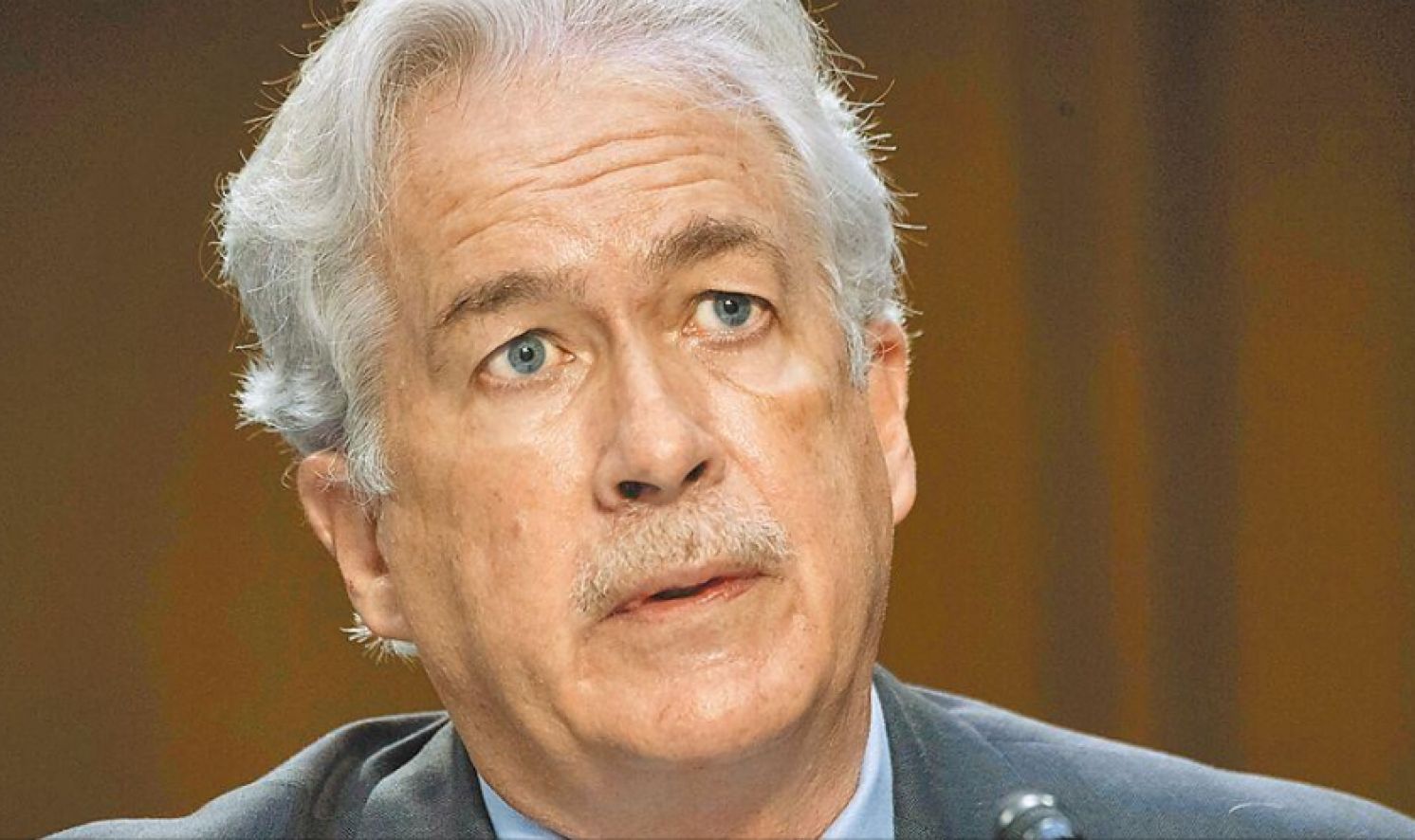
This Week in Taiwan 0717-0723
July 19: Former U.S. Secretary of Defense Mark Esper led the Atlantic Council delegation in its three-day visit to Taiwan. On July 19, he made recommendations on Taiwan’s defense capabilities. First, significantly increase the defense budget to at least the level of the United States at 3.2 percent of gross domestic product (GDP). Second, both Taiwanese men and women should serve conscription for at least a year, and reserve mobilization capacity should be concurrently strengthened. Esper stressed that the United States and regional allies will be more confident in defending Taiwan if it sends a signal of active national defense.
July 19: The Taipei-Shanghai City Forum was held by video conference in the morning. In his remarks, Mayor Ko Wen-je mentioned that mainland China's blocking Taiwan's agricultural products and operating military incursions around Taiwan hurt the feelings of the people on both sides. Ko stated that while politics may be divided, the people on both sides should not be hostile towards one another. Avoiding conflict and war should be the common aspiration by people on both sides.
Mayor Gong Zheng of Shanghai reiterated that the two sides of the Taiwan Strait are one family and stated that the issues related to cross-strait exchanges mentioned by Ko have been well resolved in the past.
July 19: Uni-President Group announced that it will purchase a 60 percent stake in Taiwan's Carrefour with NT$29 billion (about US$969 million). The deal is expected to be completed by the middle of 2023. By then, Uni-President Group will wholly own Carrefour in Taiwan, and Taiwan will become the last country in Asia from which the French parent company will withdraw. Taiwan's wholesale market will see tripartite competition among Costco, PX Mart and RT-Mart, and Uni-President's Carrefour.
July 20: Director William Burns of the U.S. Central Intelligence Agency stated that he does not believe Chinese President Xi Jinping will immediately invade Taiwan after the 20th National Party Congress. However, he also stressed that Xi's determination to control Taiwan should not be underestimated. As time passes over the next decade, the greater the risk that China will attack Taiwan.
July 21: In June, mainland China banned the import of Taiwanese grouper on the grounds of detection of banned drugs. The Executive Yuan announced on July 21 that it would invest NT$600 million (about US$20 million) to make the fish available in school lunches for 1.8 million school children from 3,600 primary and secondary schools from September until the end of the year. The school children will be able to eat grouper once a month. Opposition party legislators criticized the policy as buying votes before the forthcoming local elections. The Council of Agriculture, Executive Yuan, should not just squander money but should solve the problem fundamentally.
July 22: White House National Security Advisor Jake Sullivan reiterated that the U.S. "One China" policy has not changed, and on Taiwan, ambiguity must be a feature of U.S. strategy. He also stated that the United States will continue to provide arms that are conducive to dealing with potential threats and help Taiwan develop its "porcupine" strategy.
July 22: Wang Pi-sheng, the new commander of the Central Epidemic Command Center (CECC), announced that the mandate on masks will be relaxed effectively. Masks are not required when riding motorcycles or bicycles, working in open spaces outdoors, walking, engaging in sports indoors or outdoors, and taking individual or group photos indoors or outdoors.
From July 22, the eligibility to receive a fourth dose of the coronavirus (COVID-19) vaccine will be expanded, open to people over the age of 50, with an interval of five months from the third dose. If the individual had previously tested positive, then he is recommended to wait three months before inoculation.
July 24: The Hsinchu Baseball Stadium, which was rebuilt at a cost of nearly NT$1.2 billion (about US$40 million), reopened on the evening of July 22 but was criticized by players for its poor design. Three professional players were injured in the first two days. Critics question the contractors for cutting corners and the Hsinchu City Government for ineffective oversight. Taiwan's Chinese Professional Baseball League (CPBL) announced that the game originally scheduled on July 24 would be postponed. This is likely the first time in the history of the CPBL that a game has been postponed due to venue problems.
〈Back to Taiwan Weekly Newsletter〉